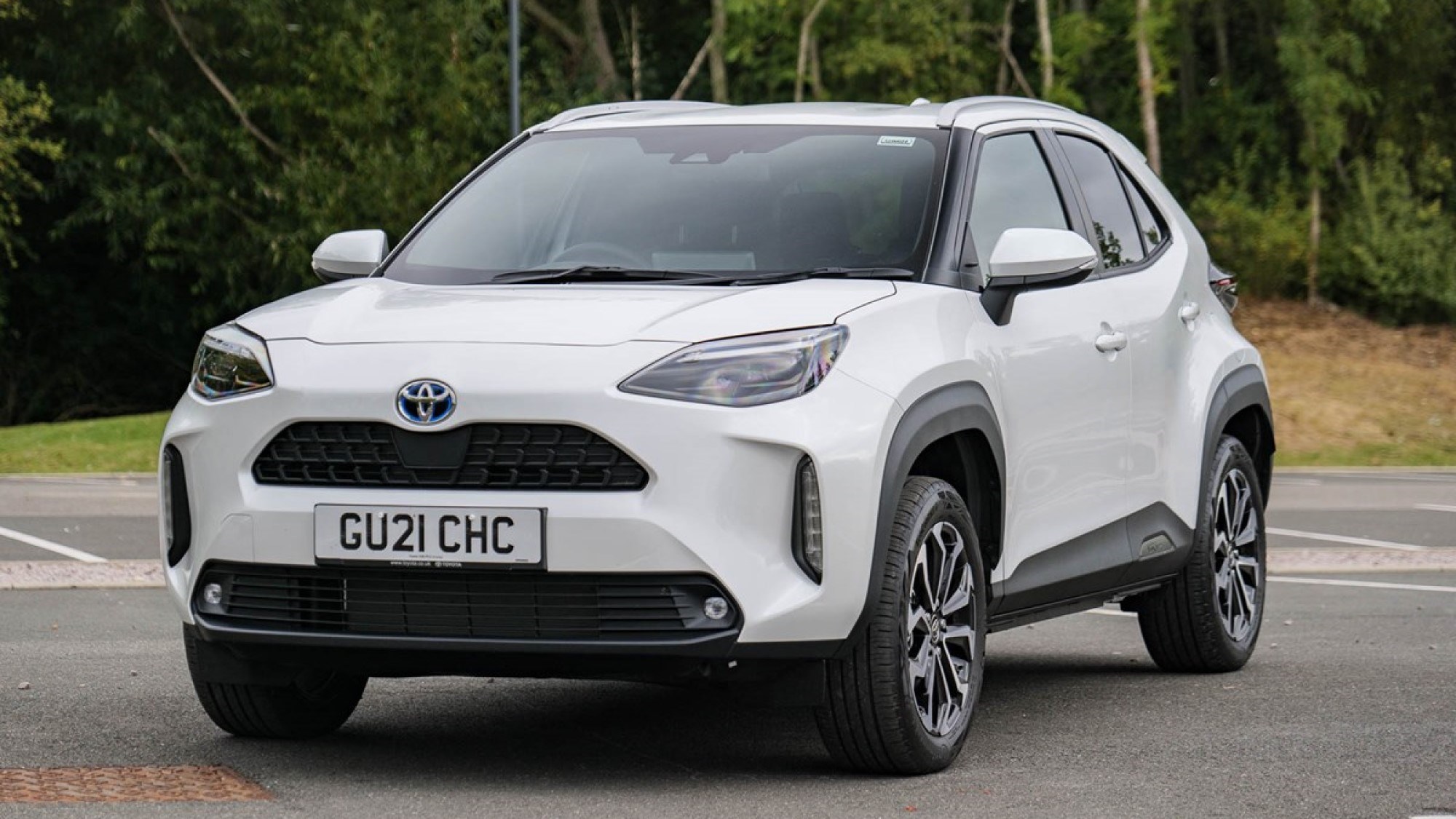CPOpen: Your Gateway to Current Affairs
Stay updated with the latest trends and insights across various topics.
Why Hybrid Cars Are the Eco-Friendly Riddle You Need to Solve
Unravel the eco-friendly riddle of hybrid cars! Discover how they can save you money and the planet in our eye-opening guide.
Unlocking the Mystery: How Do Hybrid Cars Reduce Your Carbon Footprint?
Hybrid cars represent a significant advancement in automotive technology, combining the best aspects of traditional gasoline engines and electric power. By utilizing an electric motor in conjunction with a gasoline engine, these vehicles can operate more efficiently and reduce fuel consumption. This combination allows hybrid cars to achieve higher miles per gallon, minimizing the amount of fuel consumed and, consequently, the amount of greenhouse gases emitted. As a result, hybrid technology plays a vital role in reducing your carbon footprint compared to standard vehicles.
Moreover, hybrid cars often incorporate regenerative braking systems, which convert kinetic energy into electrical energy during braking. This process not only enhances fuel efficiency but also reduces wear and tear on the brakes, leading to lower maintenance costs over time. Additionally, many hybrids utilize start-stop technology, which turns off the engine when the vehicle is stationary and restarts it when needed. These innovations combine to create a driving experience that is not only more environmentally friendly but also cost-effective, making hybrid cars an excellent choice for those looking to embrace sustainability while still enjoying the convenience of personal transportation.

The Hybrid Conundrum: Are They Really the Eco-Friendly Solution?
The rise of hybrid vehicles has sparked a passionate debate regarding their true impact on the environment. While manufacturers tout them as the eco-friendly solution to our transportation challenges, the reality is more complex. Hybrid cars combine traditional gas engines with electric power, allowing for improved fuel efficiency and lower emissions. However, critics argue that the production of hybrid batteries, which often involves environmentally harmful mining practices, offsets some of the green benefits that these vehicles claim to offer.
Moreover, the hybrid conundrum extends beyond just vehicle production. Many potential buyers are unaware of the lifecycle emissions that come from manufacturing, operating, and ultimately disposing of hybrid vehicles. For instance, hybrid cars may reduce gasoline consumption, but they still rely on fossil fuels, especially in regions where electric power is generated through non-renewable resources. To truly determine if hybrids are the sustainable choice they are marketed as, it becomes essential to consider not only their operational efficiency but also the environmental toll of their entire lifecycle.
Hybrid Cars Explained: The Environmental Impact You Need to Know
Hybrid cars are designed to combine the power of an internal combustion engine with an electric motor, offering a more fuel-efficient alternative to traditional vehicles. This technological advancement contributes to a significant reduction in greenhouse gas emissions, which is crucial for combating climate change. According to studies, hybrid vehicles can reduce CO2 emissions by up to 30% compared to their conventional counterparts. Additionally, these cars switch automatically between the electric motor and the gasoline engine, optimizing fuel consumption in various driving conditions.
One of the primary environmental benefits of hybrid cars is their ability to reduce air pollution in urban areas. By emitting fewer pollutants, hybrid vehicles help to improve air quality and contribute to public health. Some key points to consider regarding their environmental impact include:
- Lower fuel consumption leads to decreased reliance on fossil fuels.
- Reduced noise pollution due to the quieter operation of electric motors.
- Potential for regenerative braking, which captures and reuses energy during deceleration.